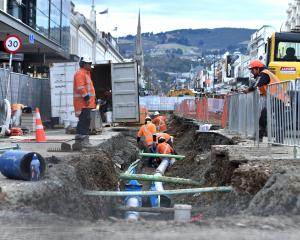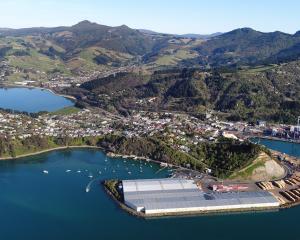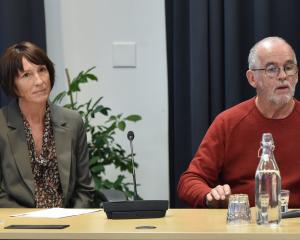They said the requirement to upgrade drinking water at Outram - water that made no-one sick now - was a perfect example of a lack of understanding on the part of the Government about local government spending and the sorts of financial decisions councils were forced to make every day.
The comments were made as councillors at this week's infrastructure services committee meeting considered a report on the upgrade from the council's water department, in the context of the Government pushing reforms aimed at controlling local government debt levels and limiting rates increases.
The report said water from the plant sometimes did not meet drinking-water standards because it was too cloudy and the required amount of UV light could not penetrate it.
The preferred option was to upgrade the plant to a level where the water satisfied the standard most of the time, which, at a cost of $577,900 from the existing budget, was much cheaper than completely upgrading the plant so it complied with the standard 100% of the time.
Acting water and waste services manage Laura McElhone confirmed the water that would be produced during the "boil-water days" would be as good as, or better than, what was being supplied from the existing plant, so presented no increased health risk.
So, rather than it being a health issue, the reason for a boil water notice being issued would simply be non-compliance with the drinking standards.
Cr Kate Wilson said she could not see the sense in having to meet a standard when it was not going to increase people's health, and she was concerned that people throughout New Zealand were being made to pay for expensive systems that provided no real benefit.
Council general manager operations Tony Avery said the same argument came up every time upgrades or reticulated systems were considered, but reticulation was better from a public health point of view and provided surety for water users.
Cr Staynes argued the council was effectively upgrading something that did not need it.
"The thing that sticks in my craw is that here's a water supply that's not causing a problem, but because the Government changes the standard, we are being forced to pay an extra $500,000. And what does the Government say to us?
That we are spending too much."
Cr Jinty MacTavish wondered if Mayor Dave Cull would consider writing to Local Government Minister David Carter to show him how councils were forced every day to make decisions, such as this one, that their communities did not necessarily need or want.
But Mr Cull said he intended to present the council's submission on the proposed reforms to the select committee, and would use this case as one example illustrating the contradiction in the proposals.
Cr Lee Vandervis said he did not disagree with upgrading the plant, but if the council had not extended reticulated systems beyond the city's urban boundaries, it would not be in this position.












